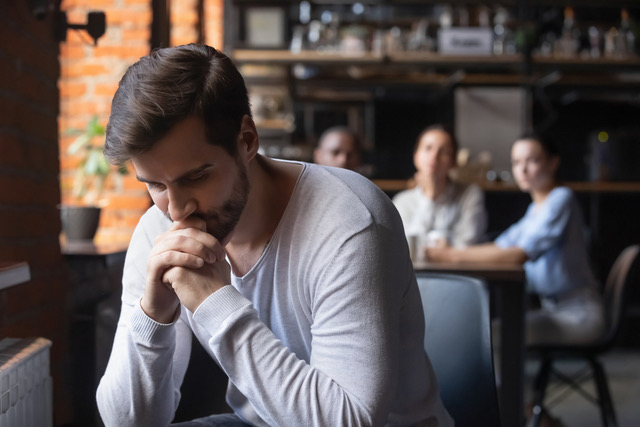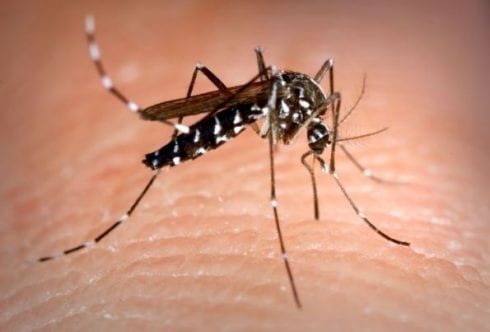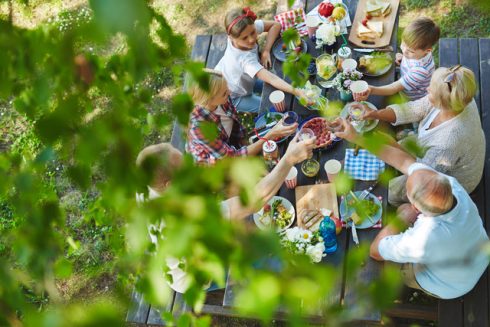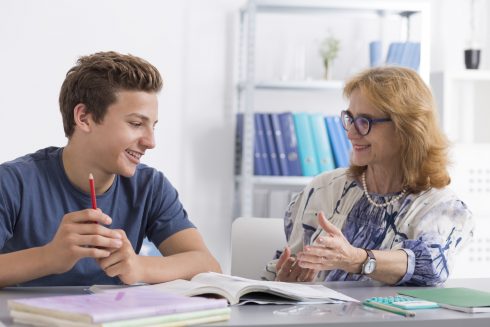
Even “normal” times are filled with stress, but this is 2020. And 2020, is the year filled to the brim with stress. A world-wide health crisis has stunned all of us, plus there are financial concerns, political divisions, job-related worries and the challenge of just plain getting through the days with high levels of uncertainty.
For many, these difficult times have increased mental, emotional and physical stress levels, to the point where some of your friends and family members may be in need of help.
What are some signs that may indicate your friend or relative is under undue stress?
- Irritability
- Anxiety
- Depression
- Headaches or other sickness
- Insomnia
- Fatigue
- Loss of appetite or digestive issues
In children, stress may look a bit different. It can include:
If you notice these troubling behaviours and conditions in someone you love, you may want to take the time to intervene and problem-solve with them.
Ways to Help
Helping adults with stress may be as simple as a willingness to listen to them explain how they’re feeling. A discussion to identify some of the above symptoms is also helpful. If an adult can identify the triggers for certain unhealthy reactions such as irritability or anxiety, there is a higher likelihood the symptoms will diminish.
Another way to help is to brainstorm positive, practical ways to intervene when the symptoms of stress arise. Getting help with housework or taking advantage of local food banks may decrease the anxiety produced by reduced funds in the pandemic when some are feeling overwhelmed.
There are other healthy ways to reduce stress such as relaxation techniques including breathing exercises, yoga routines and the like. Some find that simple hugs help to relax and de-stress.
In children it can be helpful to help them name their fears or worries. Talking about a bad dream in the light of day may reduce the likelihood of it returning. Assuring a child that the adults in his or her life will be there in all circumstances and that they are loved unconditionally is also helpful in reducing acting-out behaviours.
Children are often not aware of the reasons for their behaviours. Naming the feelings and offering alternative options for expressing them can be helpful to them.
When Stress Becomes Too Much
There may come a time when a person needs professional help to deal with the stress of life. If you notice a friend or relative withdrawing from usual life patterns, or if you recognise destructive cycles in their life, you may want to recommend one of the following:
Cognitive Behavioural Therapy
This type of counselling works on understanding thought patterns and the triggers that lead to negative emotions and behaviours. Identifying these patterns and taking positive action when they arise is a helpful therapy for stress
Mindfulness (awareness of feelings or sensations) or meditation combined with physical activity such as yoga has been found to reduce stress levels.
Medications
In some cases a medical professional will prescribe mild tranquilisers or anti-depressants to those whose life is being adversely affected by stress.
Ecotherapy
This simple treatment involved spending quality time in nature. Walks beside lakes, rivers or on beaches, sitting and relaxing in a natural setting and enjoying all the beauty of a natural environment has profound effect on many who are suffering from stress.
Complementary Therapies
Examples of complementary therapies would include meditation combined with yoga or other physical movement, acupuncture, massage therapy or aromatherapy.
Everyone deals with stress; it’s a natural part of our daily lives. But these are unprecedented times. Be aware that your friends and family members may need additional support in these troubling times and remember to take good care of yourself as well.











